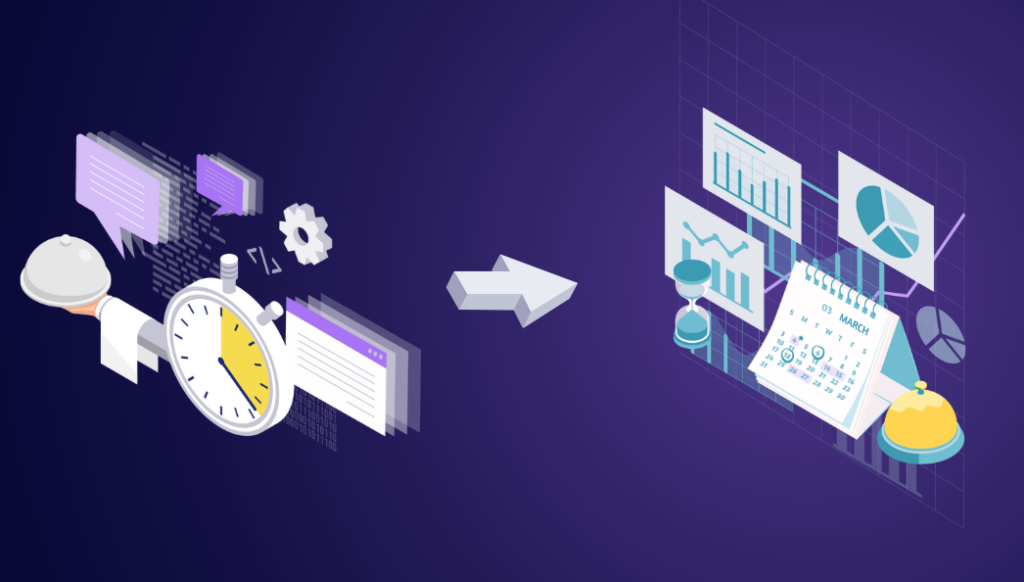AI and NLP are two of the most powerful technologies changing how we work today. As they continue to develop, they will enable new ways of working that could revolutionize the high-tech space. Here are 10 new workflows that could come about thanks to AI and NLP:
1. Automated customer service bots – AI-powered customer service bots can provide instantaneous support for customers by understanding their needs better than humans ever could. This could free up human agents for more complex tasks and increase customer satisfaction.
2. Natural language processing for faster communication – NLP algorithms can quickly analyze written or spoken questions to identify key topics, making communication between employees and other stakeholders much faster and more efficient.
3. Automated product development – AI can be used to quickly generate product design ideas and variations, significantly speeding up the product development process.
4. Smart data analytics – By using NLP algorithms, companies can detect patterns in large amounts of data more efficiently than ever before, leading to better decision-making and improved customer experiences.
5. Automated software testing – AI-driven software testing tools can test code faster and more accurately than any human tester could, reducing product errors and improving product quality.
6. Smart task management systems – AI-enabled task management systems can help employees prioritize tasks based on their skillset and workloads, increasing productivity and efficiency across teams.
7. Intelligent product recommendations – NLP algorithms can be used to make product recommendations more accurate, providing customers with personalized product suggestions and leading to higher conversion rates.
8. Automated content creation – AI-driven tools can be used to quickly generate content for websites, marketing campaigns and other digital channels, helping businesses save time and resources while increasing the quality of their output.
9. Natural language translators – Companies could use natural language processing algorithms to instantly translate documents into different languages, enabling better global collaboration between teams who don’t speak the same language.
10. Predictive analytics for product management – By analyzing data from customer interactions in real-time, companies can identify product trends earlier and act on them faster, improving product development cycles.
These are just a few of the potential applications for AI and NLP that could change the way we work in the future. By embracing these technologies, companies can improve their product development, customer service, data analytics and other processes to create more efficient and effective workflows.
The possibilities are truly endless when it comes to leveraging AI and NLP technology in the workplace. From automated customer support bots to smart product recommendations, these tools have the potential to revolutionize how we work across all industries – making tasks easier, faster and more cost-effective than ever before. It’s an exciting time for businesses looking to capitalize on this innovative technology – so don’t miss out and start exploring the possibilities today.




